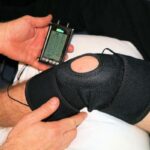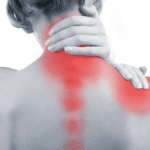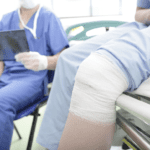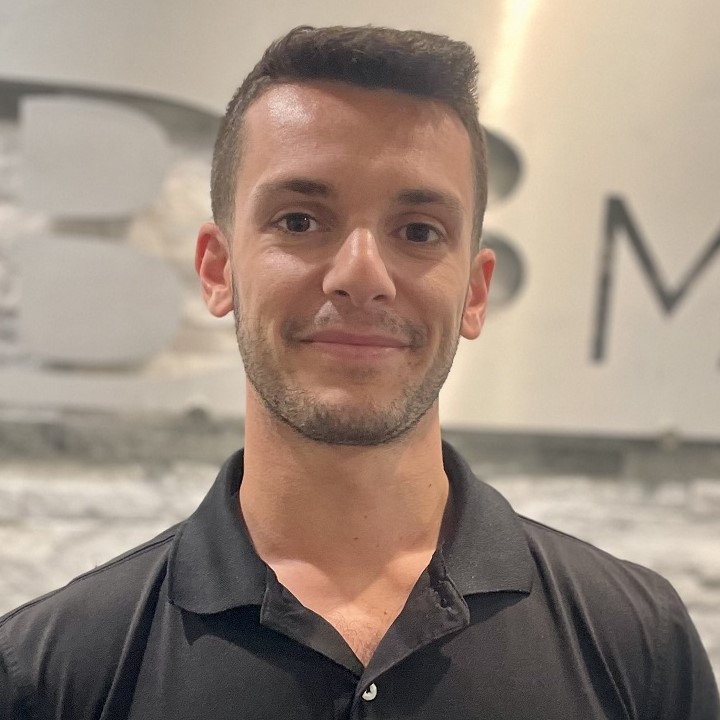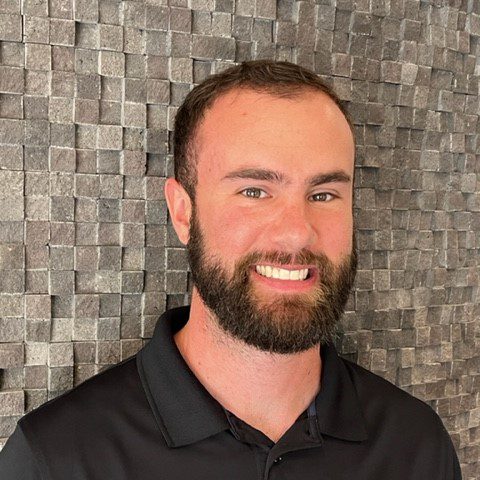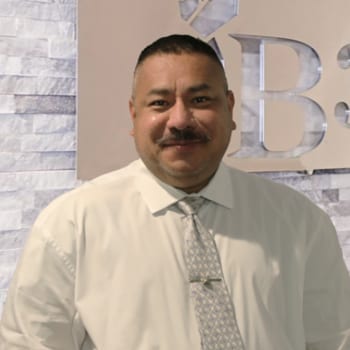A herniated disc, which is also referred to as a slipped or ruptured disc, can happen anywhere along the spine, but typically happens in the neck or lower back.
The discs are soft pads between the bony vertebrae that allow the back to bend and absorb shock. When the inside of the pad, which is called the nucleus, bursts through the outside part called the cartilage, it puts pressure on the nearby nerve, which is what causes the severe pain.
There are some home remedies that can be used to help manage the pain, but these are only temporary solutions. A proven way to relieve the pain within a matter of weeks is through non-surgical treatments.
Home Remedies
Managing the pain from a herniated disc with home remedies is a good temporary option. Resting and staying away from activities that cause pain can help the most. However, resting too long can sometimes cause stiffness and pain, so make sure you’re mixing in some movement and not just lying in bed for days at a time.
Over-the-counter nonsteroidal anti-inflammatory drugs (NSAIDs) can also help to relieve pain and inflammation. Muscle relaxants can also help but should only be taken with a doctor’s prescription. The same goes for oral steroid medications.
Heat and ice are good options for pain management if you’d rather not take any medications. Ice can ease the inflammation and muscle spasms that can sometimes be caused by a herniated disc. Ice works best for spinal pain. Acute disc pain symptoms should be treated with ice only. Heat can be used in chronic conditions but is best saved for the extremities.
Physical Therapy
Physical therapy is a viable non-surgical option. Sometimes, over-the-counter pain relievers can help ease the pain enough for patients to go through a series of physical therapy treatments. The physical therapist will work with patients to target exercises that can help the disc heal and hopefully keep it from herniating again.
Strengthening the muscles that support the neck and back can also help relieve some of the stress on the herniated disc and relieve pain.
Injections
Injections of corticosteroids and other medications can help to relieve pain and work best when paired with other non-surgical options like physical therapy, massage therapy, and chiropractic care.
Massage Therapy and Chiropractic Care
Massage therapy helps the body heal itself naturally by increasing blood circulation and relaxing the muscles, which results in pain relief. Chiropractic care can also have the same affect through the utilization of spinal manipulation techniques.
Surgery
Most herniated disc symptoms go away after about six weeks, but in some cases, surgery may be the only option. If the pain comes with numbness or weakness, difficulty standing or walking, or loss of bladder or bowel control, surgery might be the only answer.
The team of professionals at B3 Medical in Tampa will work to relieve your pain through our non-surgical treatment options before suggesting surgery. Make an appointment today to discuss your pain and treatment options.
